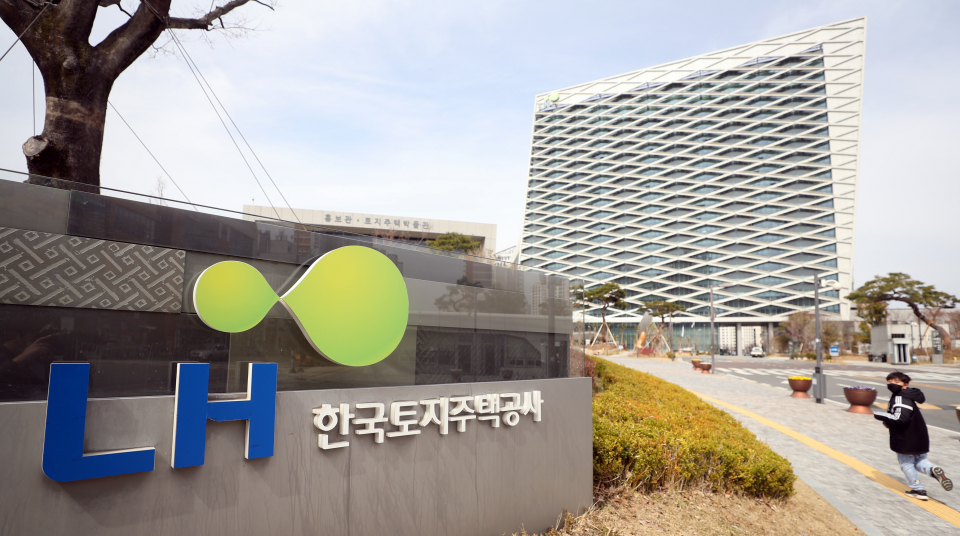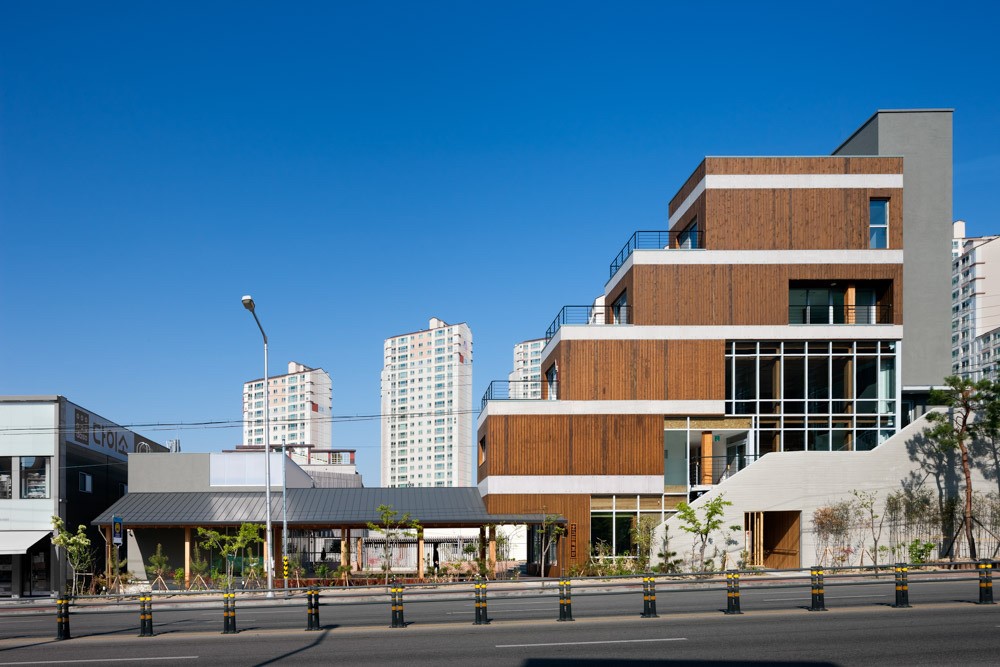South Korea’s Crown Agency for Housing and Land Initiates Research on Mass Timber Construction

Established in 2009 through the consolidation of two Korean government entities, Korea National Housing and Korea Land, Korea Land and Housing Corporation (LH) offers services like public housing building, city development planning and innovative building technology research and development. It announces recently a three-year research project to study the feasibility of building a 12-story mass timber building in Korea.
In a groundbreaking move, South Korea is setting the stage for a sustainable revolution in its construction sector. The Korea Land and Housing Corporation (LH), born from the merger of Korea National Housing and Korea Land in 2009, is spearheading a three-year study to explore the potential of constructing a 12-story building using mass timber. This ambitious project not only aims to tackle the nation’s housing and environmental challenges head-on but also marks a significant pivot towards eco-friendly and innovative construction methodologies.

LH’s journey into mass timber research is a direct response to the urgent need for sustainable building solutions. With the construction sector being a major contributor to South Korea’s carbon emissions, the government has laid out stringent goals to slash emissions from the building sector by 32.7% by 2030. Traditional construction methods, heavily reliant on manpower and on-site work, fall short in meeting these sustainability objectives, further hampered by a dwindling pool of skilled labor.
The exploration into mass timber comes at a time when South Korea’s industrialized construction market is witnessing explosive growth, expected to surge from 26.8 billion won in 2020 to a whopping 2 trillion won by 2030. Yet, the path to scalability and profitability remains cluttered with obstacles such as hefty initial investments and the necessity for mass production to attain cost efficiency.
By venturing into the realm of mass timber, LH aims to redefine the construction landscape. The study will delve into the technological and regulatory frameworks governing wood construction, charting a course towards adopting Off-site Construction (OSC) methods. Mass timber, renowned for its strength, sustainability, and aesthetic appeal, offers a promising solution to South Korea’s quest for carbon neutrality by 2050. With examples of successful high-rise wood constructions in countries like Canada, South Korea is keen on replicating such feats, thereby reinforcing its commitment to combating climate change and promoting sustainable urban development.
Furthermore, LH’s collaboration with Canada Wood and the collective efforts of public and private entities underscore a growing recognition of wood as a viable material to address environmental and industry-specific challenges. This initiative not only seeks to elevate the technological prowess of South Korea’s construction industry but also aims to make a significant contribution to global sustainability efforts.

The research will focus on overcoming the limitations of conventional construction methods, optimizing carbon reduction, and demonstrating the feasibility of constructing wooden apartment buildings up to 12 stories high by 2026. This innovative study is poised to offer insights into the domestic wood industry’s current status, technical and regulatory barriers, and strategies for a smooth transition towards wood construction.
Wood’s superior qualities, such as insulation, durability, fire resistance, and eco-friendliness, make it an attractive alternative to traditional building materials. Despite potential challenges like sagging and distortion, these can be mitigated through hybrid construction techniques and precision in factory pre-production stages. The venture into mass timber construction not only aligns with South Korea’s carbon neutrality goals but also promises to revolutionize the way buildings are constructed, reducing both construction time and environmental impact.
This pioneering research by LH sets a precedent for the future of construction in South Korea, paving the way for sustainable, efficient, and high-quality housing solutions. As South Korea strides towards a greener future, the exploration of mass timber construction holds the promise of transforming urban landscapes and setting new benchmarks for sustainable living.


